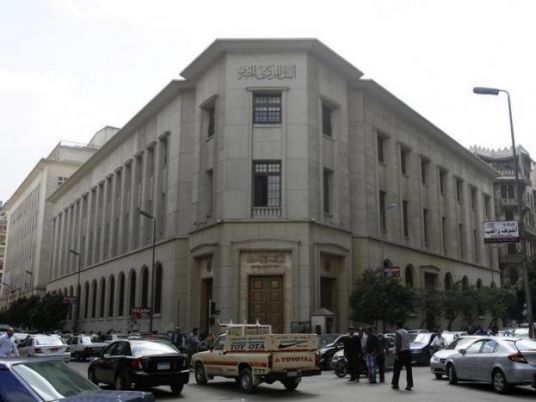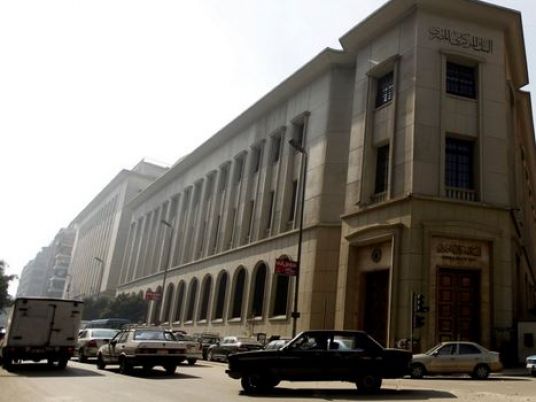Our revolution has two faces.
The first is that of 25 January, which called for representative democracy and the rule of law, and was driven by an aversion to the authoritarianism and irrationality of former President Hosni Mubarak's regime. The other face is that of 28 January that rebels against representative democracy, the rule of law and all sensibility that grounds both concepts. This second face of the revolution does not raise specific demands, because it acknowledges that nobody listens and that nobody is worth addressing. The 28 January face is the odd mix between dismal nihilism and the conviction that justice will never materialize in this world on the one hand, and impatience and a desire to encounter the bare future stripped from any attribute on the other.
The second anniversary of the revolution was a typical 28 January. Those who besieged the governorates’ headquarters, Maspero, attacked Central Security Forces, and blocked traffic and train railways wanted to utter out loud that proper protest was much more than chanting slogans at Hyde Park on vacations, that the meaning of justice always overflows the idea of the rule of law, and that legal proceedings, no matter how just, are only designed to convict the oppressed.
Those who took to the streets in the past few days wanted to announce that the rule of the people cannot be reduced to democratic procedures, even if characterized by integrity. They abhor the ballot box, not because of the lack of popularity, as the Muslim Brotherhood likes to say, but because they are deeply aware that the role of the “box” can contribute to the marginalization of the people and turn them into mere extras who are summoned to be counted and classified every four years, then dismissed.
In other words, for many of those who took to the streets, the legitimacy of the clowns who will occupy the seats of the coming parliament is simply based on hostility toward the people.
Those who took to the streets without any political calculations wanted to say that faith, piety and modesty are values that cannot be conveyed through the disgusting hypocrisy embodied in the Brotherhood’s attempt to transform the revolution’s anniversary into an occasion to paint the pavements and decorate the sidewalks so that the deprived could indulge in mendacity more easily on the streets.
The only possible ethical and political position today is bias toward those who took to the streets armed with such creative nihilism and impatience.
Only with this bias in mind can the legitimacy of use of violence against other oppressed groups, such as CSF conscripts, be discussed; only with this bias in mind can the feasibility of stranding commuters be discussed; only with this bias in mind can the use of legal tools and participation in democratic galas with the goal of protecting the revolution be discussed.
And the time for those discussions and criticisms will come soon.
What we should never accept, especially when suggested by revolutionaries and leftists, is the uncritical embracing of representative democracy and rule of law as the only viable coordinates of the revolutionary vocabulary.
So we should not get busy assessing the losses and gains of what happened in the second anniversary of the revolution for the time being. We did not make such calculations on 28 January 2011, anyway. It would not hurt to restore that mood for a day or two, for why can't we give disgust and impatience another chance?
Amr Abdulrahman is a PhD candidate at Essex University in the UK.
This piece was originally published in Egypt Independent's weekly print edition.




